Coffee competitions in origin: What are they, why are they important and how can you get involved?
We run two annual competitions in origin, the Apas Cup in Brazil and the Tarqui Cup in Colombia. Each competition judges a selection of coffees from producers working in a particular region. The top lots earn significant premiums on the local price, which is a huge benefit to the farmers. More importantly, these competitions help farmers create a name for their coffees and establish relationships with specialty roasters that we hope will last many years.
How does it work?
Ahead of the competition we make the farmers aware of the quality requirements for entering their coffee. Our export partners in origin accept lots of coffee from the local growing community and conduct a preliminary selection. We then invite roasters to come with us to origin and judge the coffees, and we make a commitment to buy all the top placing coffees at an agreed premium.
Tarqui Cup, Huila, Colombia
We’ve been running this competition in Tarqui since 2015 together with our export partner, Fairfield Trading. We announce the competition for the farmers in advance so that they can be extra careful when picking and processing the coffee. We set certain parameters that the farmers should fulfil (moisture content, yield factor, lot size, and so on). Then, when all the entered lots have been approved, we gather a panel of professionals and cup and score the coffee blindly (this could be you!).
We have set fixed prizes for the 1st, 2nd, 3rd-5th, and 6th to 10th place, and commit to buying these. For the 1st prize we pay around three times the standard price per kilo for that region, when yield factor is taken into account. The high premiums are always appreciated.
For example, here are the prices paid to the place winners in the Tarqui Cup 2018:
The average price farmers could earn in the local market in October and November 2018 was 800,000 COP per carga of parchment (125kg).
A competition like this is a way of incentivising farmers and paying them great premiums for great coffees. It also gives us the opportunity to meet and get to know the farmers in that specific area, and explore the true potential there. The farmers also appreciate meeting roasters, it makes them feel connected to their markets, and valued for their hard work and investment.
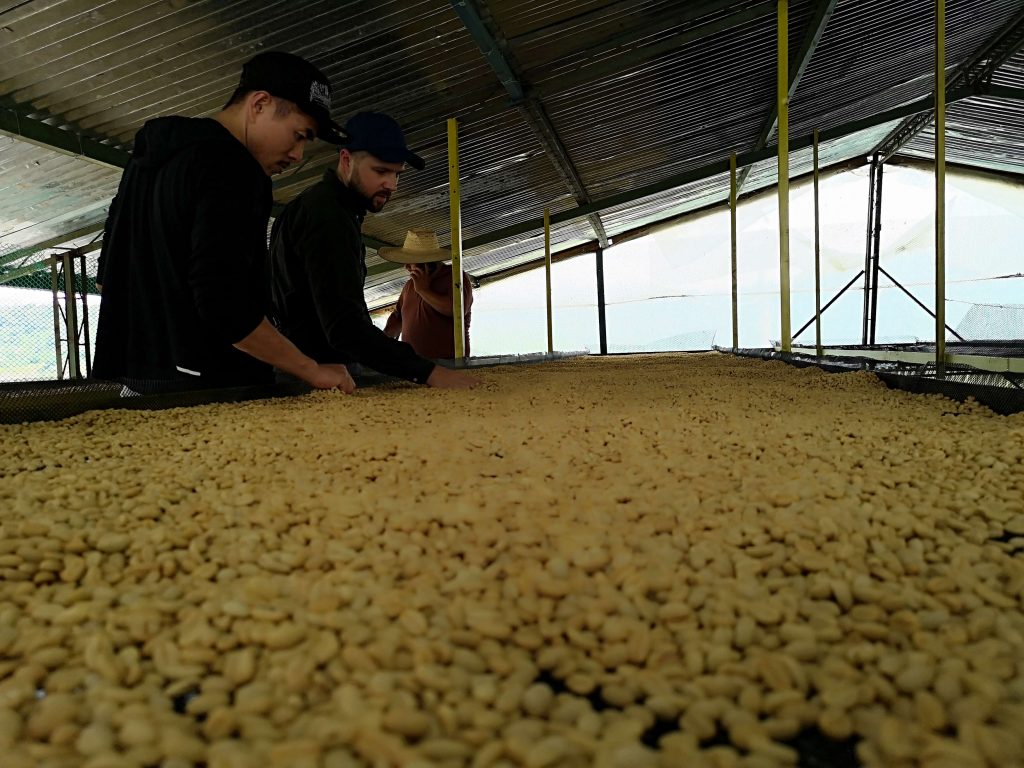
Kenji Kojima from Fuglen Tokyo and Joakim Hannibal from Fuglen Coffee Roasters Oslo in Colombia 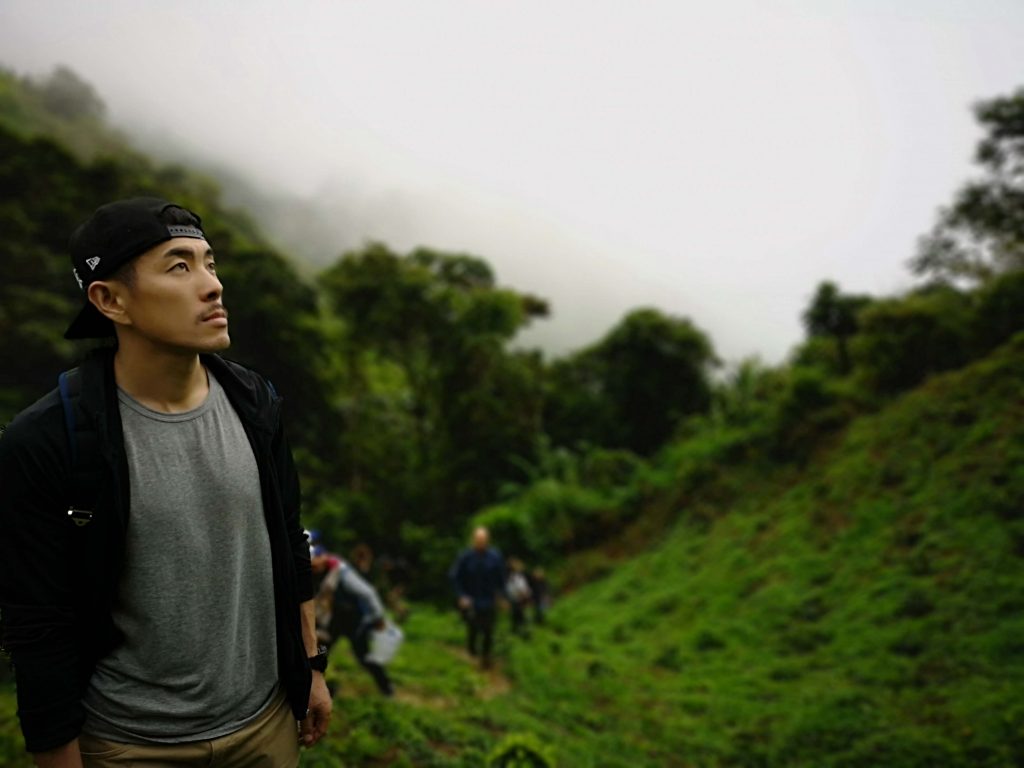
Kenji Kojima hiking to visit farmers participating the Tarqui Cup 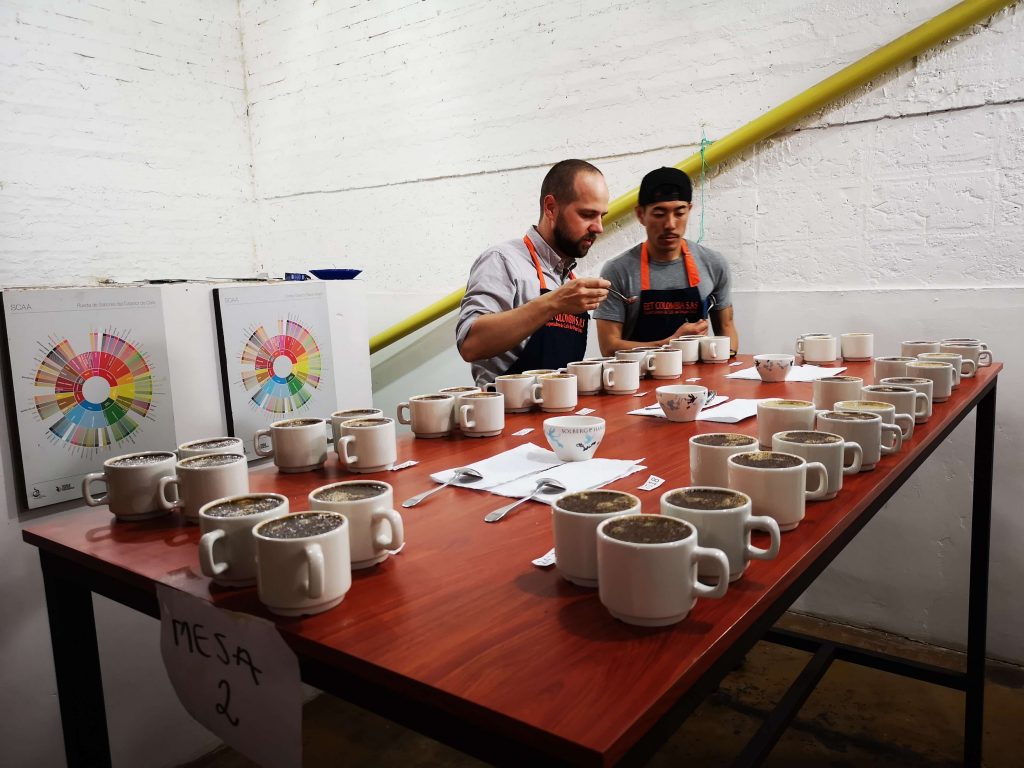
Joakim Hannibal and Kenji Kojima cupping during the Tarqui competition 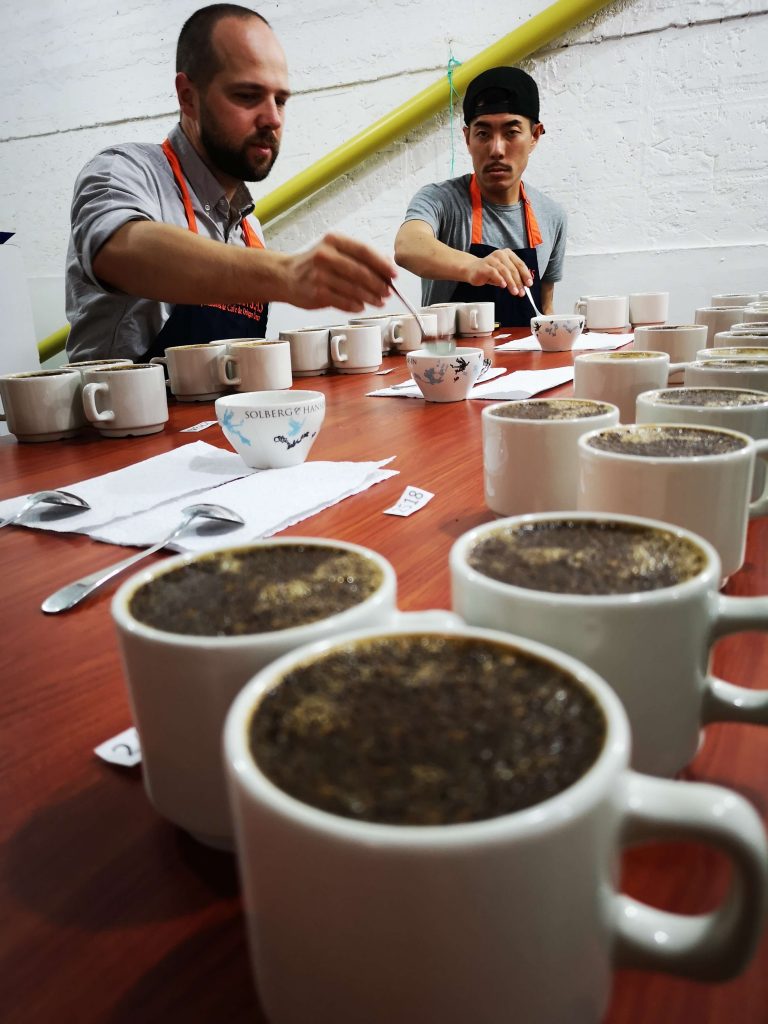
Joakim Hannibal and Kenji Kojima cupping during the Tarqui competition 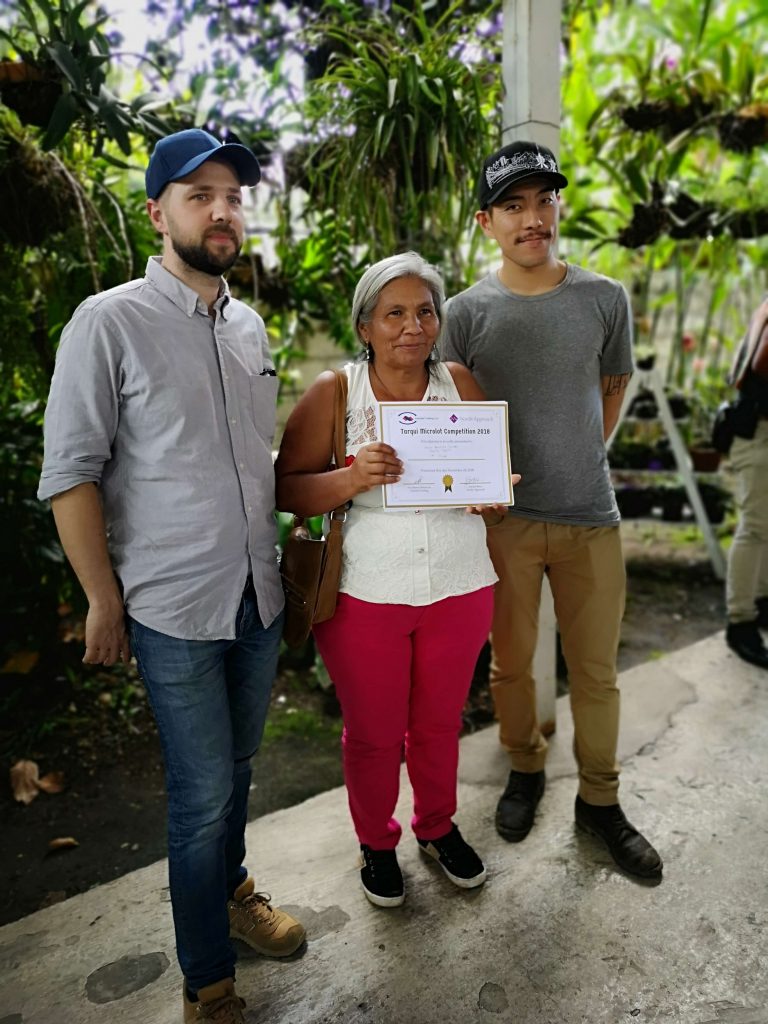
Joakim Hannibal and Kenji Kojima pictured with Maria Berlinda Nunez Trujillo, the winner of the 2018 Tarqui Cup
Apas Cup, Brazil
Apas Cup began last year (2018) and is organised by the Apas cooperative, which has 69 farming members, and the exporter we work with in Brazil. Brazilian coffees are the underdogs of the specialty coffee industry, yet they also play an important role in making coffee accessible to a broader range of coffee drinkers. People have an image of large industrialized and flat farms, but there are many small scale farmers. For the Apas members, farms from 2.5 hectares to 7 hectares (with roughly half being planted with coffee) are typcial.
I spoke to Joanne Berry, our head of sourcing, about origin competitions and how are they different from regular cupping trips:
“They are a platform to discover unique coffees and give producers the opportunity to aim at their best possible production knowing they will have a market, by NA committing to purchase at a predetermined price and volume. The farmers benefit from participating in this kind of competition as they get exposure to what we value in the cup (we as in NA and our customers who come with us). Farmers seldom get a real opportunity to interact directly with roasters. This competition is also a good opportunity for roasters to be exposed to coffees from a particular area of a country. Particularly in Brazil, these are small producers who ordinarily would get lost in the scope of the market there. “
Kenji Kojima from Fuglen Coffee Roasters Tokyo came with us to Brazil for the Apas cup in 2018:
–Why did you decide to come to the Apas competition?
–It was my very first trip to Brazil and I thought I could meet great and passionate coffee and producers.
– How was your experience?
– It blew my mind! I’ve never tasted such juicy flavour from Brazilian coffee before.
– What was the best part?
– Announcement day. It was really exciting and happy to see when the producers got the results.
– What did your learn / what is your main takeaway?
– Before that, coffee from Brazil for me was chocolatey, low acidity, mild and creamy. But actually I learned it’s not always the case. In fact what I tasted there was the opposite.
– Why do you think it’s important for farmers/producers to have access to these type of events?
– It gives them an opportunity to meet roasters who want to buy great coffee and they learn what kind of profile roasters are seeking. And I think it makes them proud to be a producer.
– Why is it good for roasters to be able to come and judge at these events?
–You will have very different experience, participating in an event with producers compared to cupping coffee in a lab or at your roastery. It made me realize, when I buy coffee I involve someone’s life, someone’s effort.
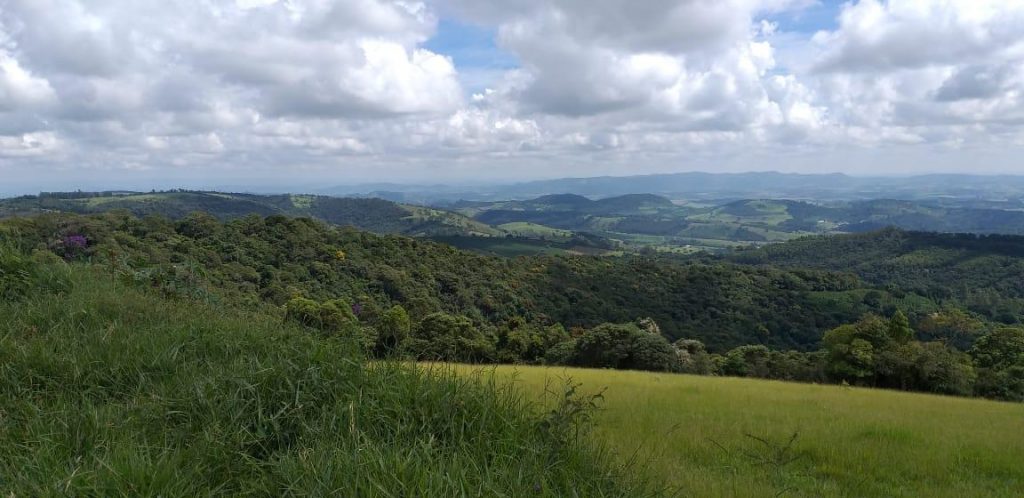
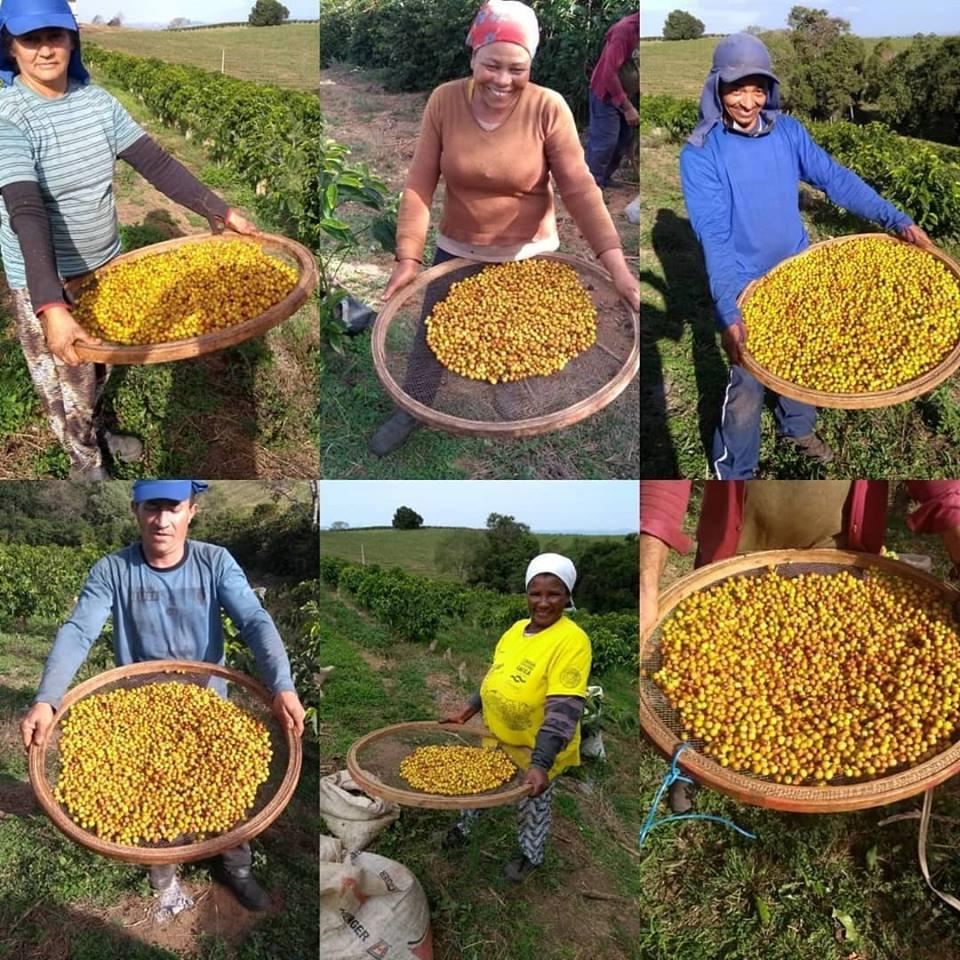
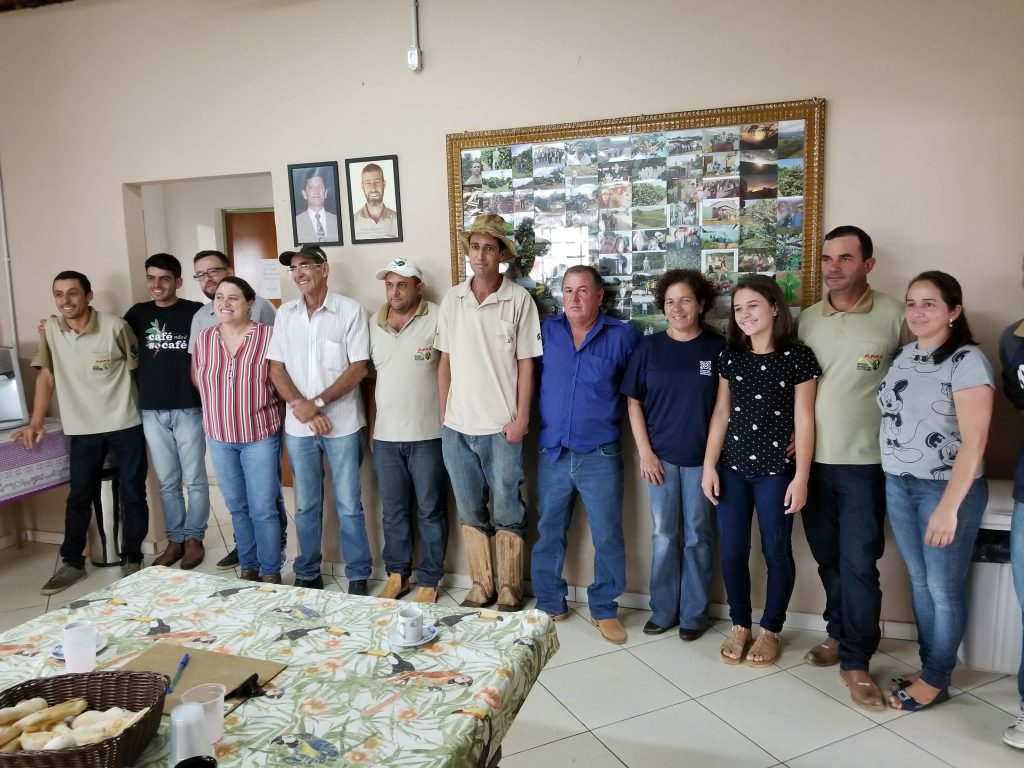
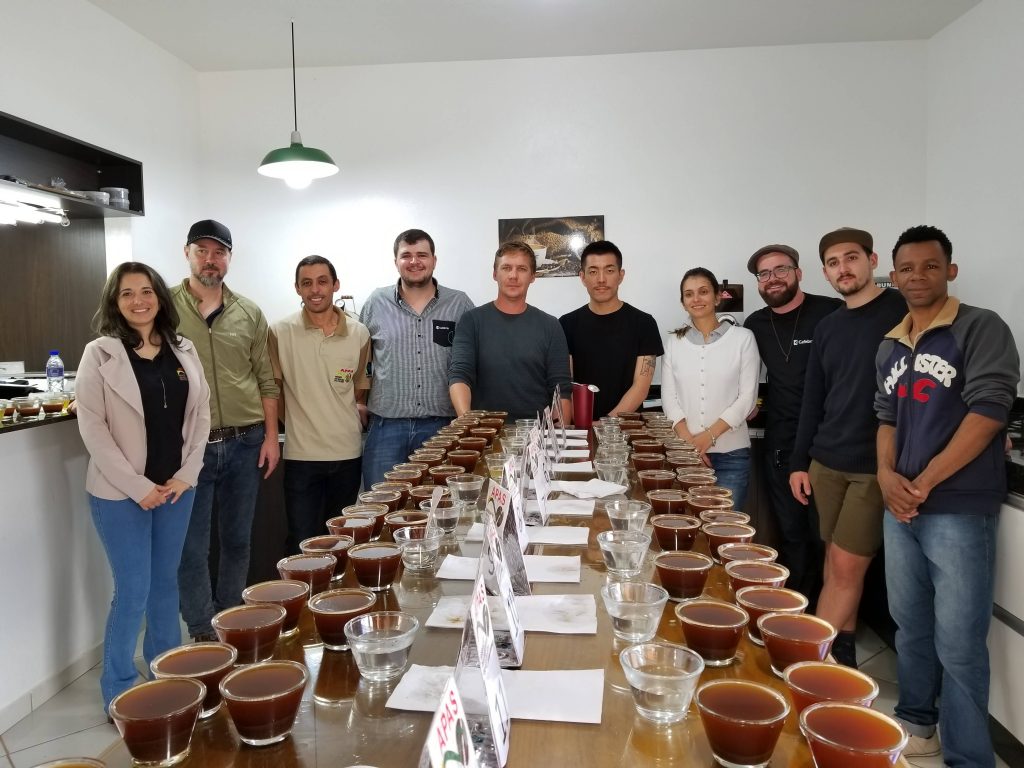
Apas Cup, 2018
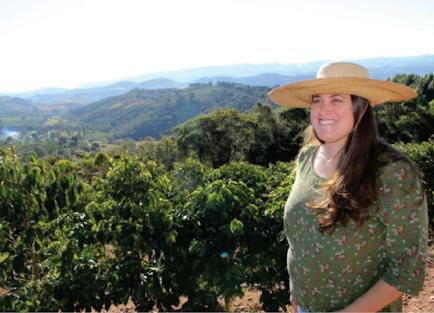
Last year’s Apas Cup winner was Adriana de Barros Rodrigues (pictured above) from Sítio São Francisco. “The experience was unique. I received the recognition and appreciation for my entire work. I just have to thank the partners involved for the opportunity! Winning the competition brought me the certainty that we are on the right track, striving for excellence through quality, not only in post-harvest processes, but in all processes, and gave me the certainty that all our hard work was worth it“.
Want to be a judge?
If you want to travel with us to origin and judge either the Tarqui or Apas Competition, get in touch with joanne@nordicapproach.no
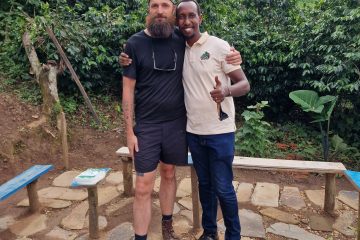
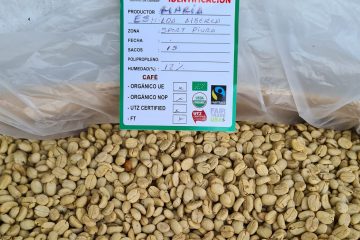
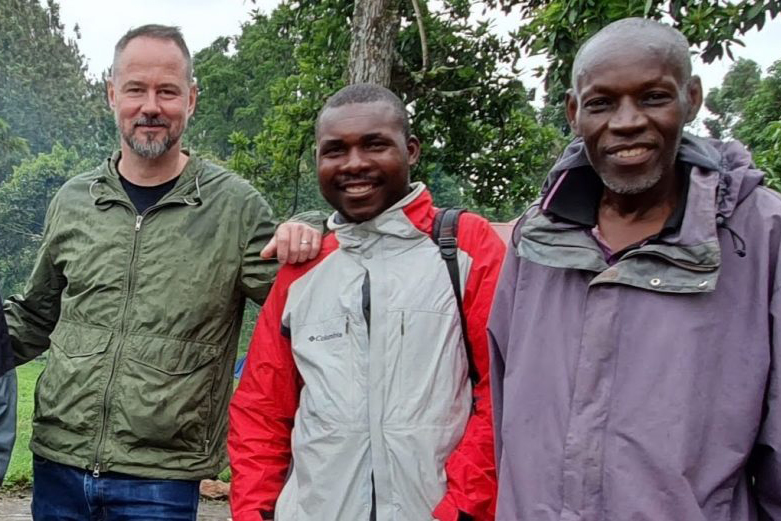
0 Comments